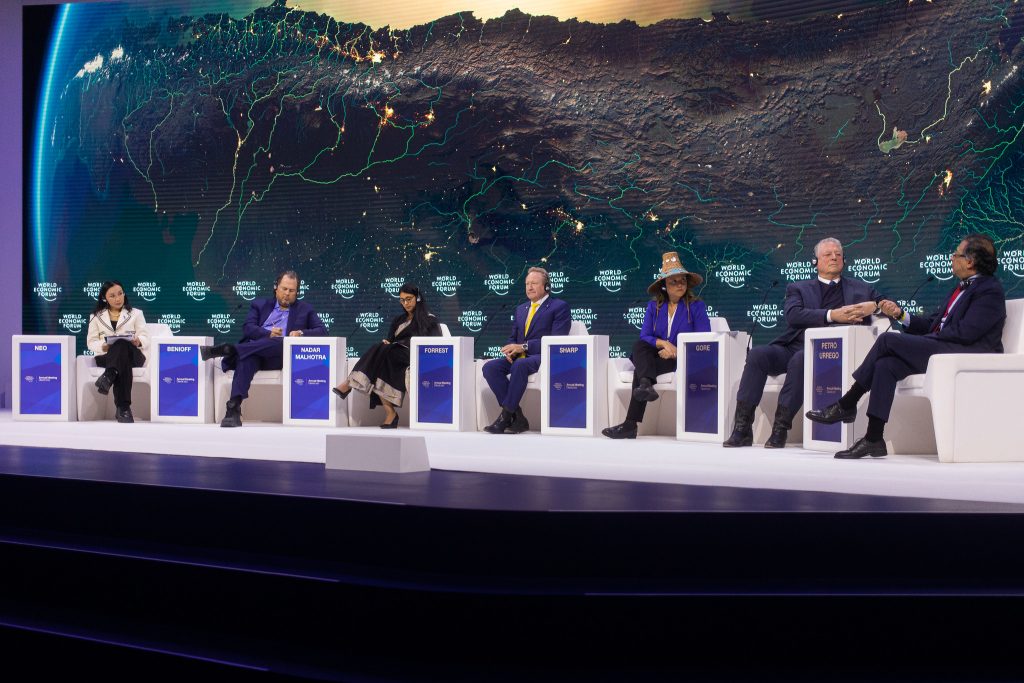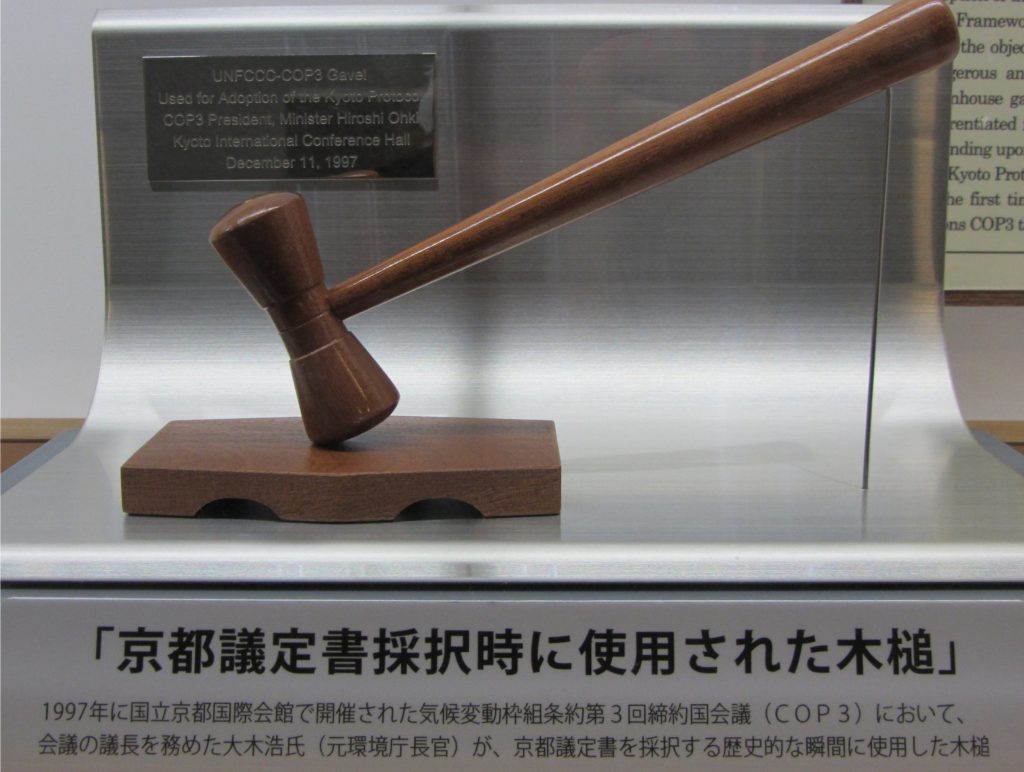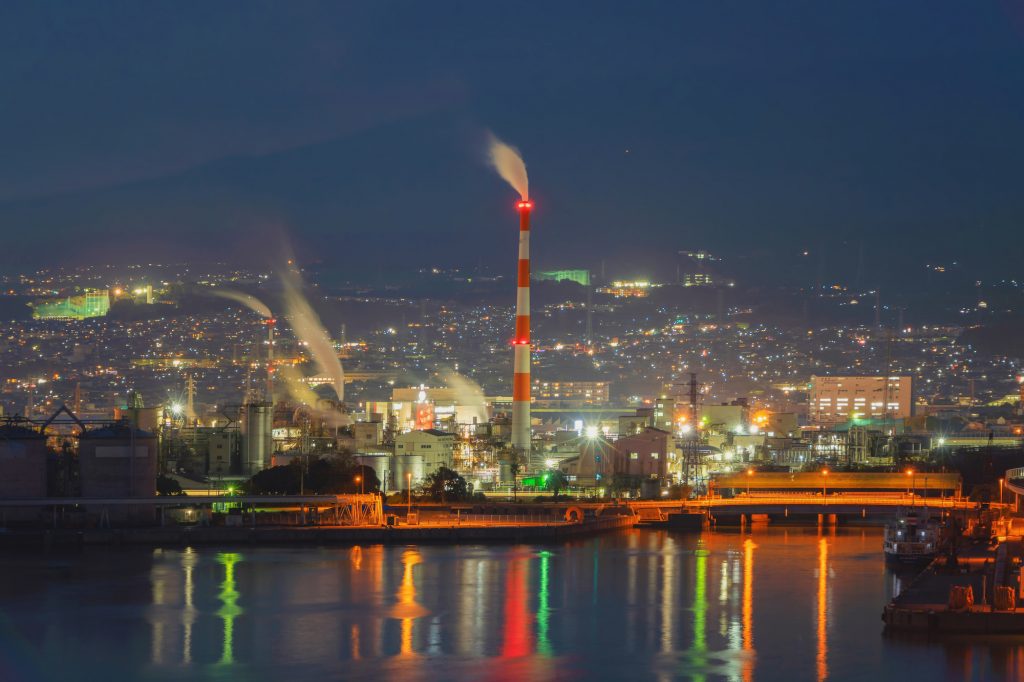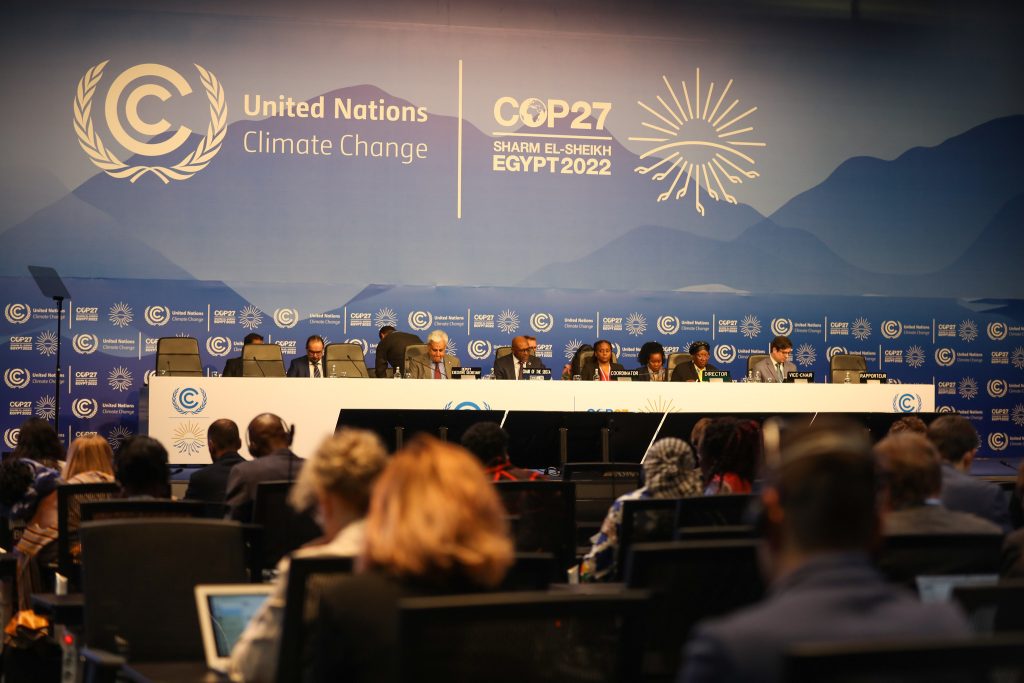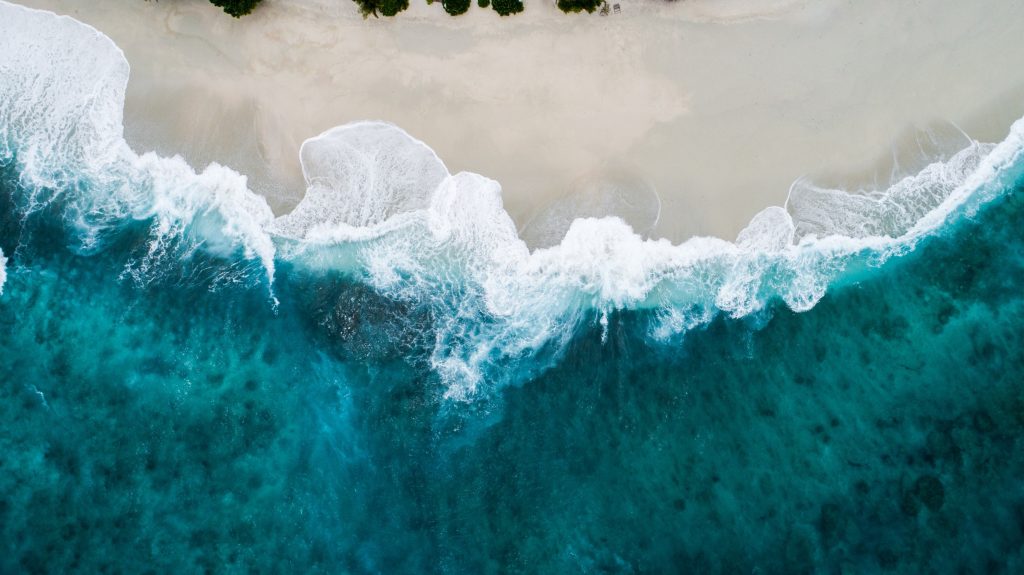
A survival guide for humanity: the IPCC’s latest synthesis report
From science to policy: a matter of urgency, action, and hope. The latest IPCC synthesis report lays out the harsh truth on the current state of the climate. But, it also shows us that we have the tools to invert our current trajectory and that the decisions and measures we take today will have a lasting effect on the world of tomorrow. A collection of media reactions.

